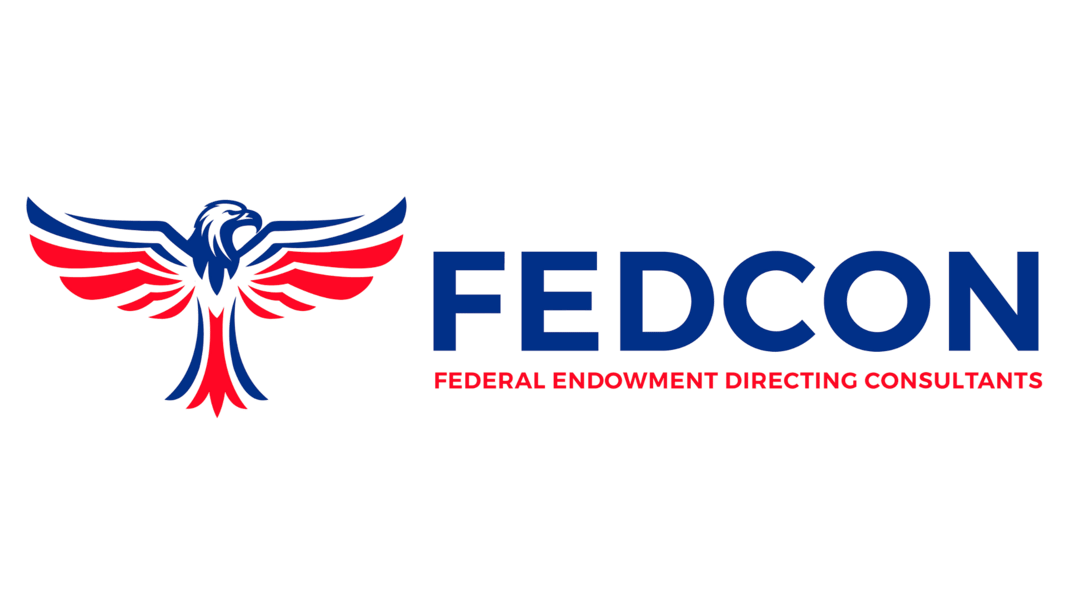GSA Schedule
Get on the government’s preferred vendor list with one long‑term, pre‑negotiated contract—simplify procurement, increase visibility, and win more business.
What Is a GSA Schedule?
A GSA Schedule—also known as the Multiple Award Schedule (MAS), Federal Supply Schedule, or GSA Contract—is a long-term, indefinite-delivery/indefinite-quantity (IDIQ) contract that allows federal, state, and local agencies to purchase goods and services at pre-negotiated, fair and reasonable prices.
It serves as a government-wide “catalog” of pre-approved vendors, simplifying procurement and speeding up sales.
Why It Matters
Each year, over $40 billion flows through GSA Schedules, and the majority of that spending goes to a relatively small pool of approved vendors. By securing a Schedule, you’re not chasing scraps—you’re gaining entry into one of the largest, most reliable markets in the world.
-
FY 2024: Small businesses received 35.84% of MAS spend and 42.10% of GSA’s prime contract dollars (including 17.6% to Small Disadvantaged Businesses).
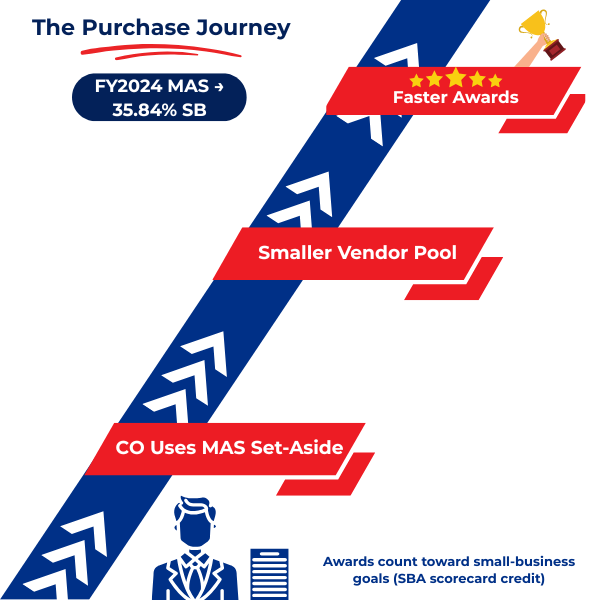
Set-asides on MAS: the fast path to small-business awards
Contracting Officers (COs) can reserve MAS orders for Small Business or a specific category (8(a), WOSB, SDVOSB, HUBZone) at the order level—so they meet small-business goals without a full open-market RFP.
-
MAS orders may be set aside for SB/8(a)/WOSB/SDVOSB/HUBZone under FAR 8.405-5.
-
GSA’s buyer guide shows how to credit small-business goals and apply set-asides on MAS RFQs.
-
Bottom line: MAS is a CO’s easiest way to place set-aside dollars quickly and compliantly.
HUBZone: Still Under-Met, Increasingly Prioritized
Agencies have a 3% HUBZone prime goal but regularly fall short, so COs are leaning on MAS set-asides to place HUBZone awards.
Our FEDCON PORTAL surfaces active HUBZone opportunities for targeted outreach.
Long-Term Stability With MAS
Unlike many short-term contracts, a GSA Schedule comes with a 5-year base period and up to 20 years of renewals.
That means you can build a pipeline of multi-year, recurring revenue that provides financial stability, scales your federal sales, and makes your business more attractive to partners or investors.
-
In short: A GSA Schedule saves time, builds trust, reduces competition, and secures access to billions in long-term federal opportunities.

Major GSA Vehicles and Who They Serve
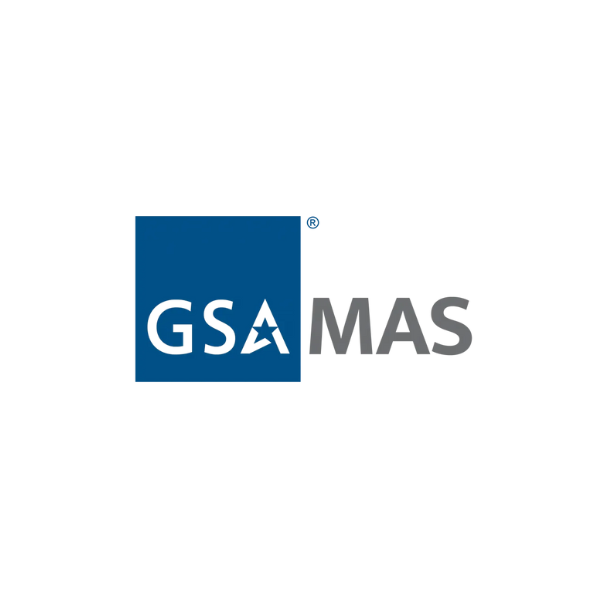
MAS
Commercial products & services across most categories; fastest route for common buys.
-
Why buyers choose it: Pre-competed catalog, streamlined ordering under FAR 8.4.
-
Small-business angle: COs can set aside orders for SB/8(a)/WOSB/SDVOSB/HUBZone at the order level.
-
Typical use: IT, professional services, facilities, industrial, security, more.
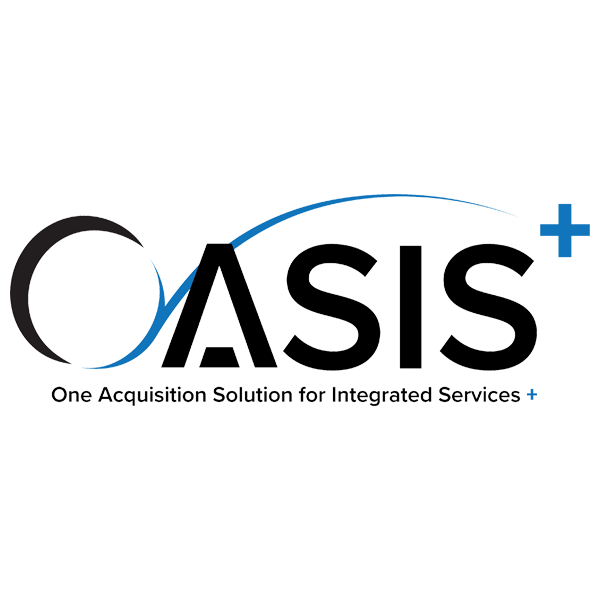
OASIS+
Complex professional services (management, engineering, R&D, intel, environmental).
- Why buyers choose it: No ceiling, 10-year term (5+5), on-ramping, broad domains.
- Small-business angle: Multiple small-biz tracks (SB, 8(a), WOSB, HUBZone, SDVOSB) plus unrestricted.
- Typical use: Enterprise professional services and mission support.
.png?width=600&height=600&name=Untitled%20(600%20x%20600%20px).png)
Alliant 3 (GWAC)
Enterprise IT solutions/services (modernization, cloud, cyber, DevSecOps).
- Why buyers choose it: Best-in-class GWAC focused on complex IT requirements.
- Small-business angle: Uses large industry base; task-order level varies by acquisition strategy.
- Typical use: Large, multi-tower IT modernization and transformation.
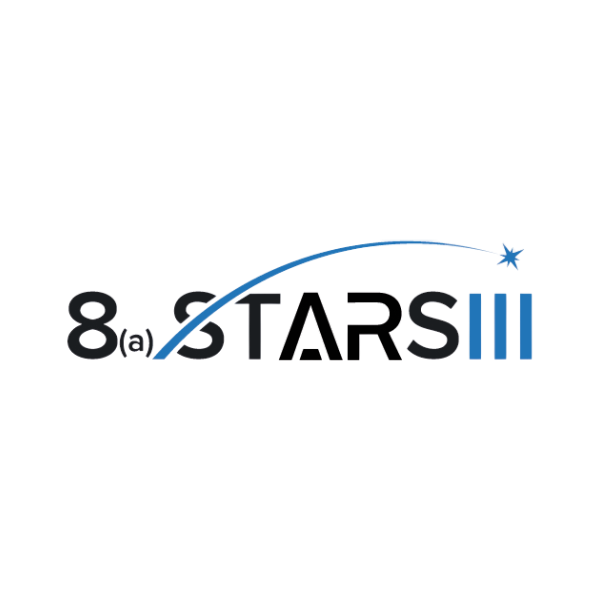
8(a) STARS III (GWAC)
8(a) small-business IT solutions, incl. emerging tech and OCONUS support.
-
Why buyers choose it: Small-business set-aside GWAC with flexible scopes.
-
Small-business angle: Dedicated to 8(a) prime contractors; strong pathway
-
Typical use: App dev, cyber, data, automation, cloud, niche/ET work.
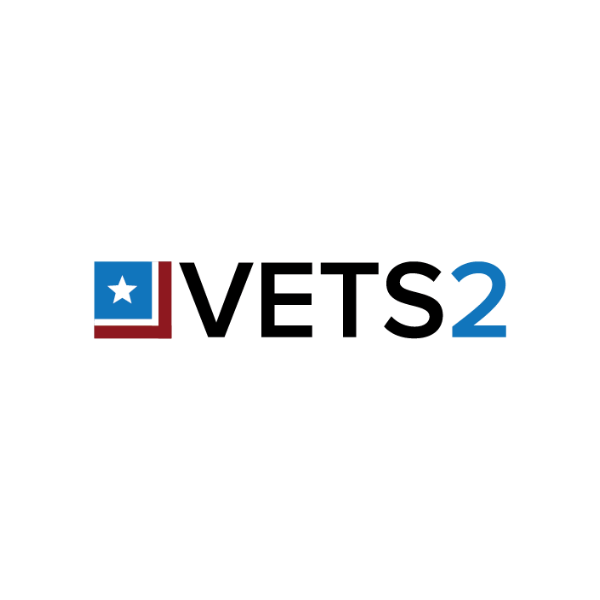
VETS 2 (GWAC)
SDVOSB IT services across the full IT lifecycle
-
Why buyers choose it: Government-wide SDVOSB set-aside vehicle for total IT solutions.
-
Small-business angle: Helps agencies meet SDVOSB goals through task orders under a proven GWAC
-
Typical use: Development, operations, cyber, cloud, help desk, integration.
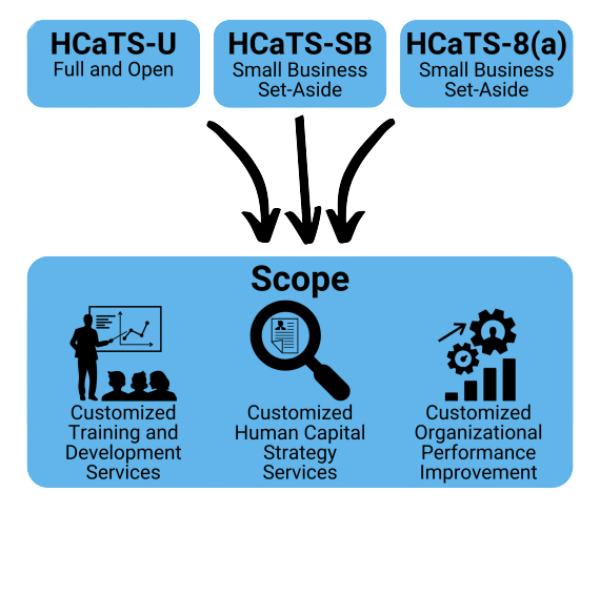
HCaTS, HCaTS SB, HCaTS 8(a)
Human capital, training, and organizational performance services.
- Why buyers choose it: Best-in-Class vehicle tailored for human capital & training needs.
- Small-business angle: SB and 8(a) variants exist; scope migrating to OASIS+ as HCaTS winds down.
- Typical use: Workforce planning, training, HC consulting, performance improvement.
FAQ's & Information
Can COs use set-asides on MAS orders?
Yes. FAR 8.405-5 lets COs reserve MAS orders/BPAs for SB or a specific socio-economic category.
GSA’s guide explains how those orders count toward goals.
What % of GSA dollars go to small businesses?
Why highlight HUBZone?
How do you qualify for GSA?
How long does it take, what agencies does it support, and is it worth it?
Getting on the GSA schedule is known to be a tedious process due to its popularity and extensive validation processes.
A typical GSA contract can take anywhere from 6 - 12 months, depending on your circumstances.
The GSA supports federal agencies by providing services like procurement, property management, and technology solutions government wide.
If you're looking for a long-term business partnership with the federal government, then the GSA contract could be for you.
What is the purpose?
The GSA is to help manage and support the basic functioning of federal agencies.
In federal contracting, GSA serves as the primary "storefront" for federal agencies who are looking to purchase goods and services at a discounted price.
